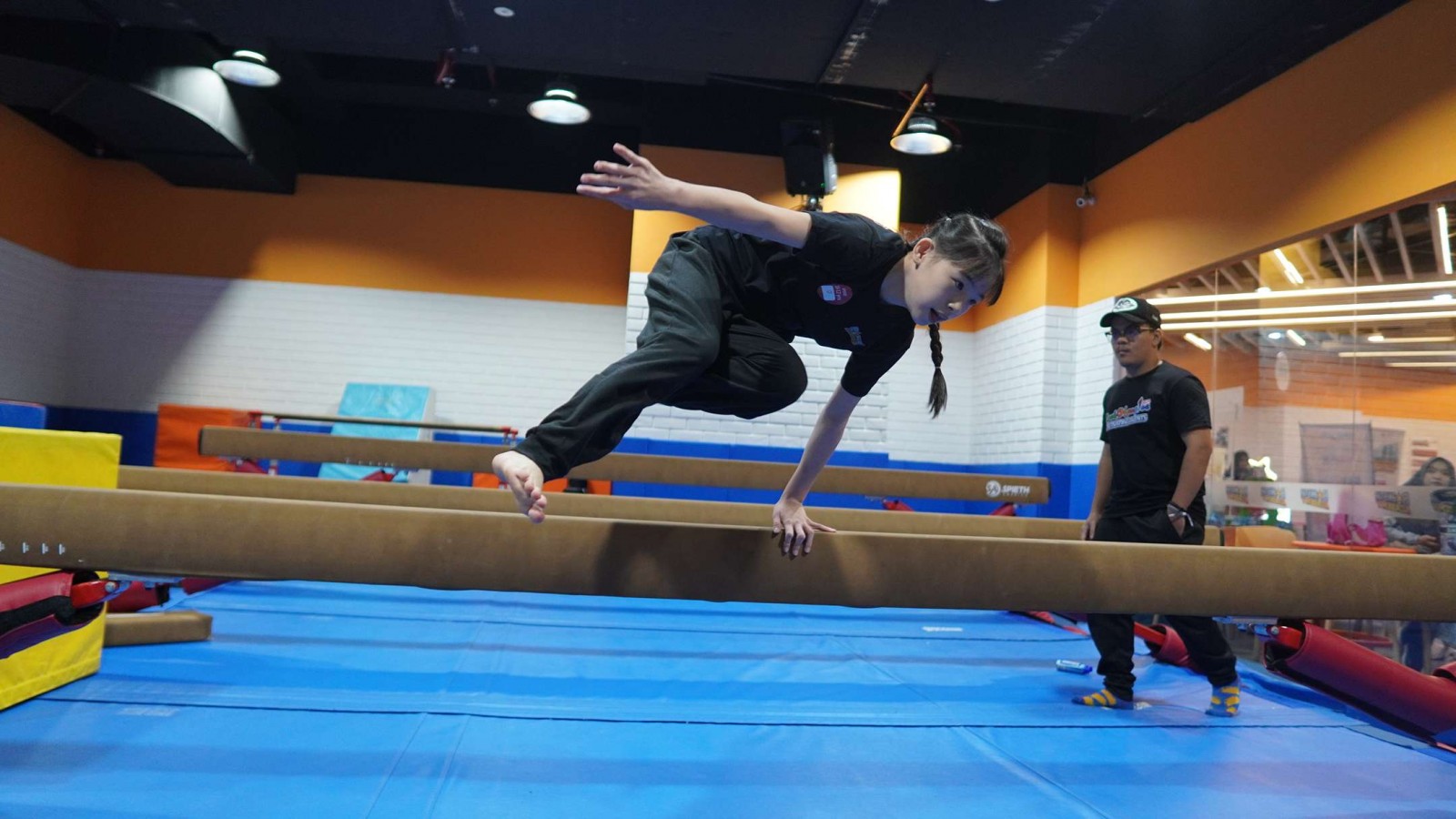8 Vocal Exercises For Beginners

Embarking on a singing journey can be exhilarating for beginners. One key aspect that often gets overlooked is the importance of vocal exercises. In this article, we'll explore eight vocal exercises for beginners, each designed to enhance various aspects of your vocal performance.
8 Vocal Exercises For Beginners
Numerous uncomplicated vocal exercises for beginners are available for warming up your voice, providing you with a variety of choices for deciding how to prepare your vocal cords. Here are eight effective vocal exercises tailored for beginners, along with its essential tips:
1. Lip Trills
Start by relaxing your face muscles. Then, exhale while keeping your lips closed, creating a trilling sound by allowing them to vibrate. Move through different pitches to warm up your vocal cords.
Lip trills help in loosening up the facial muscles and improving breath control, which is crucial for singing and acting.
2. Humming Exercises
Humming exercises help in developing resonance and control over pitch, enhancing the overall quality of your voice. Try humming a simple tune or scale while keeping your mouth closed. Focus on feeling the vibrations in your face and chest.
3. Sirens
Glide smoothly from your lowest to highest pitch, imitating the sound of a siren. Repeat several times. Sirens are excellent for expanding your vocal range and improving flexibility in your voice.
This exercise can also be performed in the reverse direction, starting from high and going to low pitches. If you find it challenging to reach both the high and low notes, it indicates fatigue in your vocal cords. In such cases, it is advisable not to exert excessive pressure on them, and it's time to give your voice a rest.
4. Tongue Twisters
Tongue twisters enhance diction, articulation, and agility in your speech, vital for both singing and acting. Before performance, try to recite challenging tongue twisters slowly and then gradually increase your speed. Focus on clear articulation and pronunciation.
Here are several for you to try:
- Peter Piper picked a peck of pickled peppers,
A peck of pickled peppers Peter Piper picked.
If Peter Piper picked a peck of pickled peppers,
Where's the peck of pickled peppers Peter Piper picked?
- She sells seashells by the seashore.
The shells she sells are surely seashells.
So if she sells shells on the seashore,
I'm sure she sells seashore shells.
- How can a clam cram in a clean cream can?
- Six slippery snails, slid slowly seaward.
5. Breathing Exercises
Practice diaphragmatic breathing by inhaling deeply through your nose, letting your abdomen expand, and exhaling slowly through pursed lips. Proper breathing is the foundation of a strong and controlled voice. These exercises improve breath support and stamina.
Several breathing exercises that you can try:
A. Diaphragmatic Breathing
- Sit or stand comfortably.
- Inhale deeply through your nose, allowing your abdomen to expand.
- Exhale slowly through pursed lips, focusing on controlled release.
- Repeat, gradually increasing the duration of inhalation and exhalation.
B. Rhythmic Breathing
- Inhale for a count of four, then exhale for a count of four.
- Maintain a steady rhythm, emphasizing smooth transitions between inhalation and exhalation.
- Increase the count as your breath control improves.
C. Straw Breathing
- Inhale deeply through your nose.
- Exhale slowly and steadily through a straw, focusing on maintaining a controlled and steady airflow.
- This exercise helps regulate breath support and control.
D. Sighing Breath
- Inhale deeply through your nose.
- Exhale with a sighing sound, allowing the breath to release gently and naturally.
- Focus on relaxing the shoulders and throat during exhalation.
E. Extended Inhalation and Exhalation
- Inhale slowly for a count of eight, ensuring a full breath.
- Exhale equally slowly for a count of eight, maintaining control.
- Repeat, gradually extending the duration as your lung capacity increases.
6. Pitch Matching
Play a note on an instrument or use a pitch app and try to match the pitch with your voice. Focus on precision and maintaining the pitch. Pitch matching exercises enhance your ear-to-voice coordination, helping you stay on key during performances.
7. Vowel Exercises
Sing a scale using different vowel sounds (e.g., "ah," "ee," "oo"). Pay attention to maintaining a consistent tone and pitch for each vowel. Vowel exercises will improve vowel clarity and help you maintain a uniform tone across different sounds.
8. Yawn-Sigh Technique
The yawn-sigh technique helps in releasing tension in the vocal muscles, promoting a more relaxed and open sound. You can try it by inhaling deeply and then exhale with a sighing sound, mimicking a yawn. Focus on the feeling of relaxation in your throat and neck.
Need Extra Help In Vocal Exercises For Beginners?
Incorporating these eight vocal exercises into your practice routine can significantly enhance your singing abilities. Remember, consistency, patience, and a willingness to explore different aspects of your voice are key to long-term improvement.
As you progress, you'll likely experience enhanced vocal control, clarity, and confidence in your performances. If you're seeking an extra boost in your vocal training, consider enrolling in the Broadway Program offered by Rockstar Academy.
This comprehensive program not only focuses on character singing, vocalization, acting, dancing, and musical confidence but also provides a nurturing environment for children to flourish in their artistic pursuits.
For those curious about what this Sports & Performing Arts Academy has to offer, the academy generously provides a free trial class—an excellent opportunity for anyone eager to explore the world of performing arts.
FAQs
1. How often should I practice these vocal exercises?
Practice at least three to four times a week for optimal results.
2. Can anyone improve their singing voice with these exercises?
Absolutely! These exercises are designed for beginners and can help anyone improve their vocal skills.
3. What should I do if I experience vocal strain during practice?
Take a break and rest your voice. If strain persists, consult with a vocal coach or professional.
4. Is it necessary to join a choir or singing group to improve my singing?
While not mandatory, joining a group can provide valuable support, feedback, and motivation.
5. How long does it take to see improvement in vocal skills?
Results vary, but with consistent practice, you can notice improvements within a few weeks.



